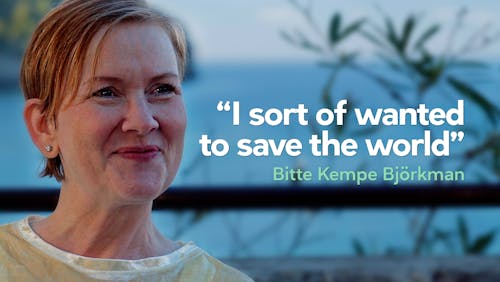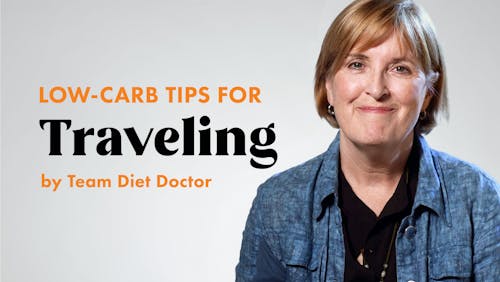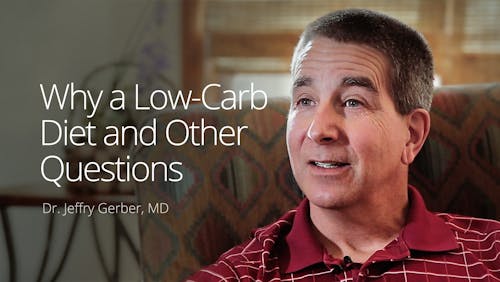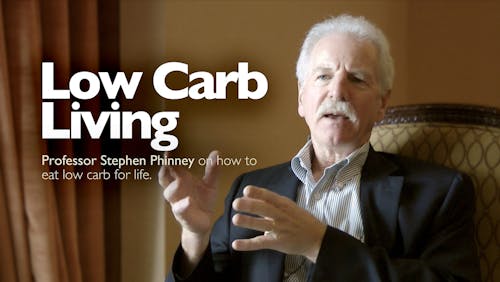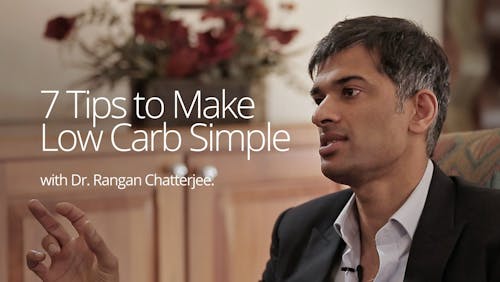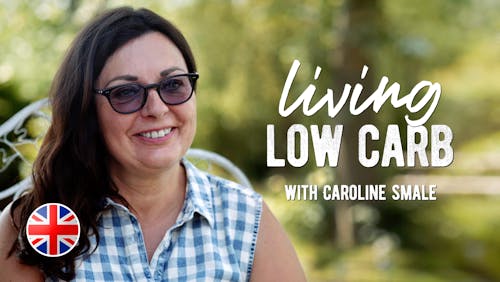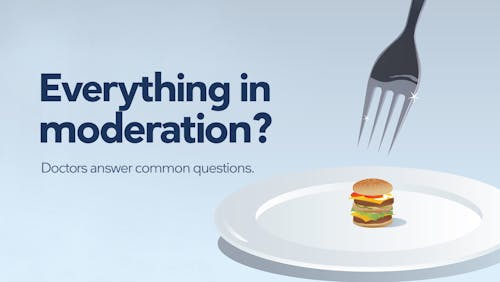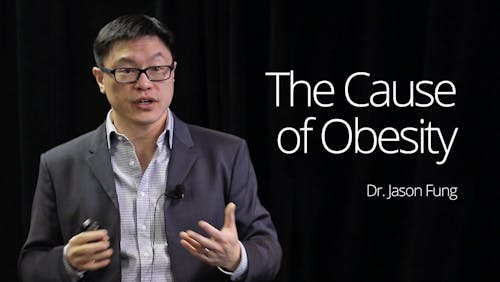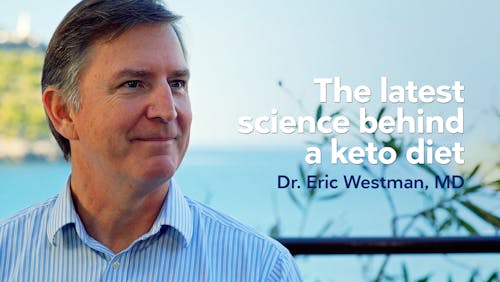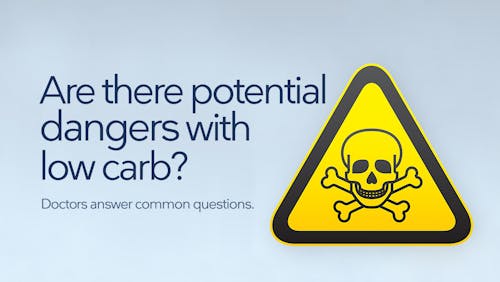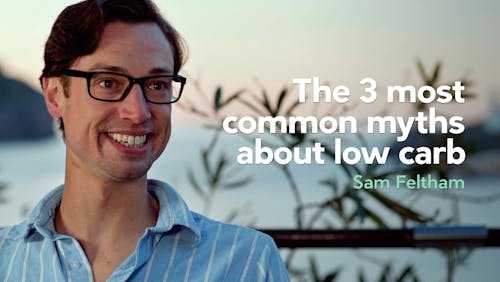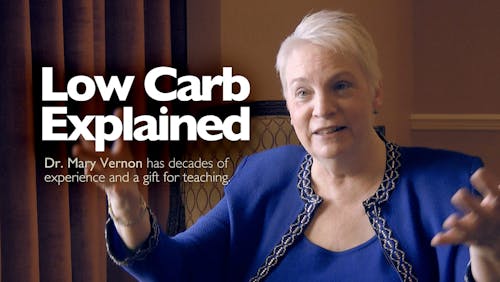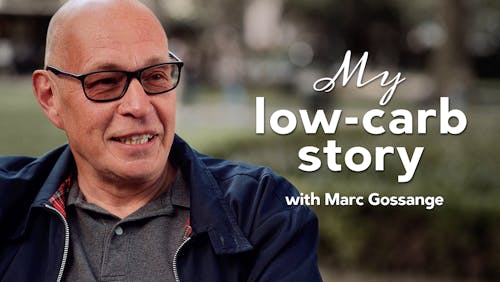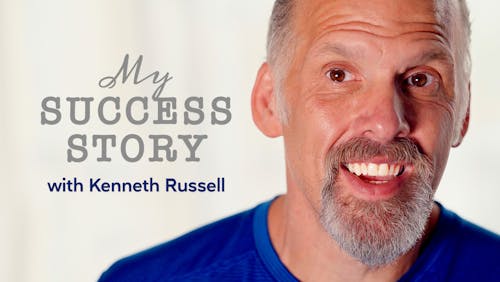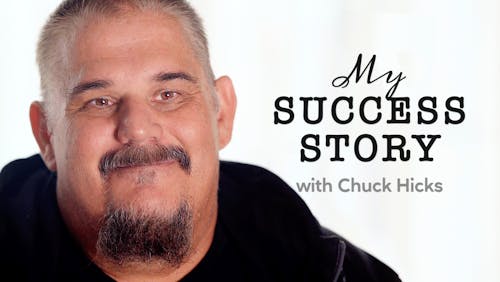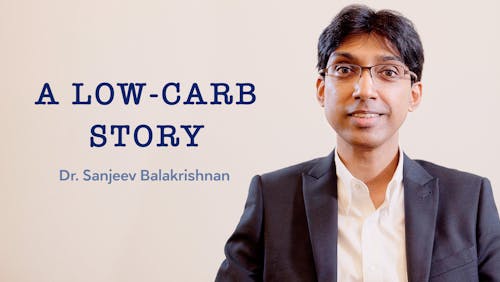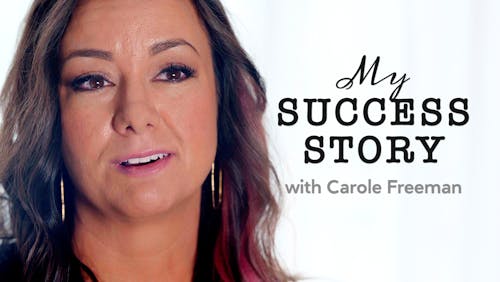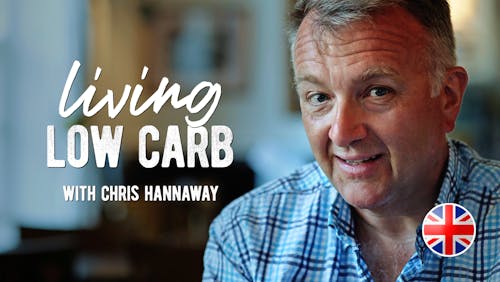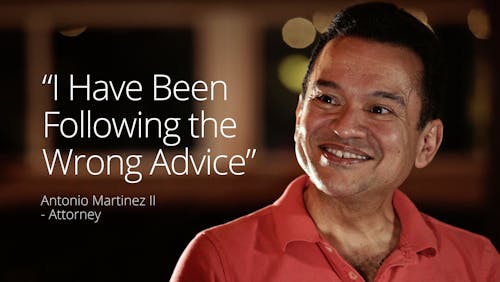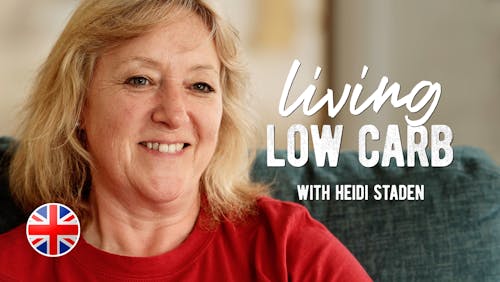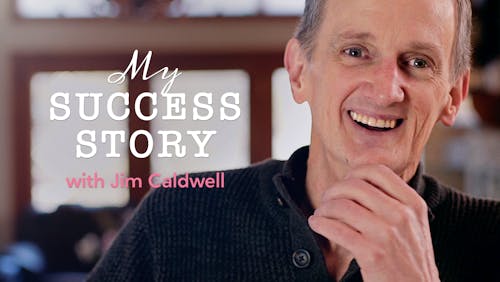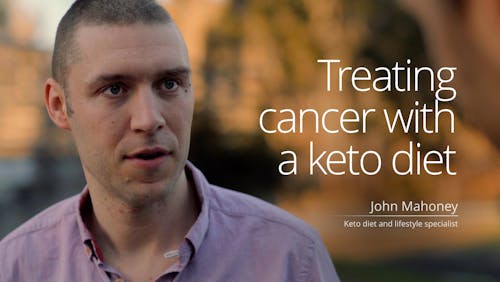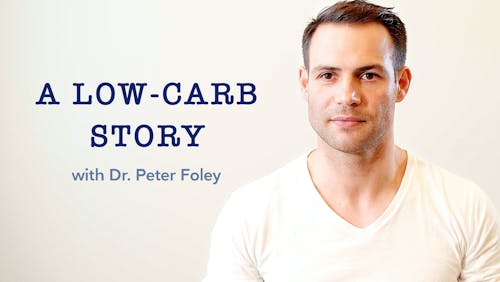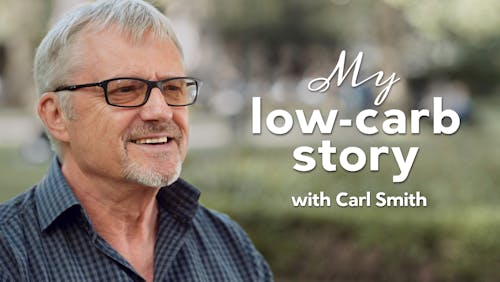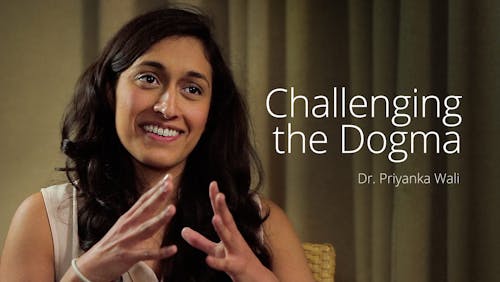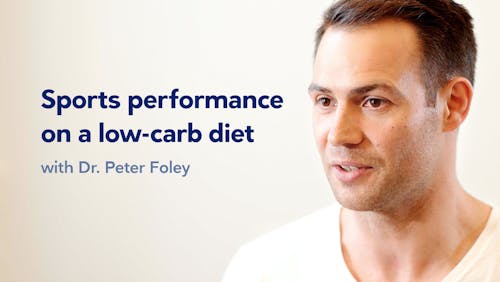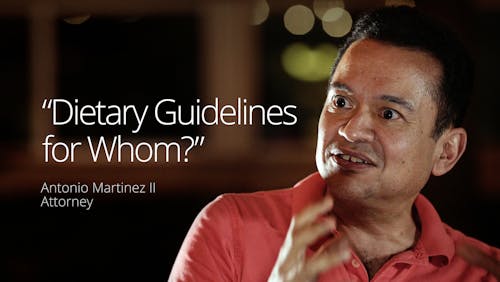Never too old, too sick, too late to experience positive results with low-carb eating

In my 30 years of writing about health, an undercurrent of urgency has often been in my stories: get your moles screened now before it is too late; have your PAP tests and blood pressure checked before it’s too late; have this test, take that drug, or have that procedure — all before it is too late.
I am not saying those messages have been wrong. I fully believe in timely preventative health care — evidence abounds that the right medical action at the right time can make a huge difference. And of course, some health issues, like cancers, strokes, heart attacks, and diabetic amputations, alas, can truly be too late to turn around.
But I realized the other day there is one facet that I totally adore about low-carb ketogenic eating: the refreshing, revitalizing narratives in so many of the testimonies that those who adopted this way of eating, after years of ill health, turned their health around.
It gives me renewed faith in the wonders of our human bodies. Given the right food (I like to think of it as the right fuel for my particular engine) our mysterious machines of flesh and bone have the sophistication, the beauty, the innate programming to right themselves.
Even those with years of type 2 diabetes, with hundreds of pounds of weight to lose, with 20 years of intractable symptoms of polycystic ovarian syndrome, with uncontrollable migraines, with years of infertility and more, can see positive results within weeks and months of starting low carb ketogenic eating.
I love checking the Diet Doctor news feed every day for the inspiring stories of individuals who have achieved renewed vigour and astonishing results. Within those narratives is joy, disbelief, triumph, relief, and elation. Last week the story of Jim Jenkins was one such incredible story. I shared it widely with friends and family, saying: “It is stories like this that have made me such a crusader for the low carb/ketogenic lifestyle for anyone with metabolic issues like type 2 diabetes.”
I will never forget reading such stories the very first time I visited the Diet Doctor website, in the fall of 2015. I had just been told I had pre-diabetes and since I was already a normal weight, exercised regularly and ate the recommended low fat diet replete with fruits and vegetables — and I had the predisposing genetic risk factor of PCOS — I was told there was likely little I could do to prevent the progression to full blown type 2 diabetes within a few years. (My sister, who had the exact same diagnosis, at almost exactly the same time, was told by her obtuse doctor: “Shall I just shoot you now?” Unbelievable!)
I told myself: ‘There is no way in this world I am getting type 2 diabetes if there is anything I can do to stop it.’ I set out to find alternatives for both my sister and me. My search led me to Diet Doctor.
I devoured not only the science, but also the transformative stories, saw the astonishing before and after pictures. One that I will never forget, that very first visit, was that of Lindha Vikstrom, who lost 154lbs (70kgs) on the diet and looked fantastic, and said she felt great. “Look at this!” I emailed my sister, sharing Lindha’s and others’ testimonies of transformation. “There’s hope for us. Tell your daft doctor there’s no need for the gun!”
We both started on the low carb high fat diet almost that very day. And both of us have reversed our pre-diabetes diagnosis and lost more than 10 pounds, keeping it off effortlessly. We’ve stayed ketogenic for 20 months now and both feel great.
I know full well that anecdotes and testimonies, that N=1 stories, don’t meet scientific standards of evidence and proof. I have a science degree as well as a journalism degree, and worked briefly in scientific research before switching careers.



So whenever some medical honcho expounds: “Type 2 diabetes is a chronic, progressive disease that cannot be reversed,” I think, not so fast… look at all these glorious, triumphant black swans and their inspiring stories. Look at the experiences of doctors like Dr. David Unwin, Dr. Evelyne Bourda-Roy, Dr. Ted Naiman, Dr. Jason Fung and more who are working with patients daily to support such transformations.
And it gives me optimism and motivation to help more and more people to transform their lives, given the right information and support. I often see women and men, burdened with huge amounts of excess weight, working out diligently and painfully in my local gym. While I always admire their dedication and tenacity, in the past I felt a deep sadness that their effort was for naught. “It is too late,” I truly believed. “They will never be able to lose that amount of weight. It is impossible.” I don’t believe that anymore. And I feel doubly motivated to spread the word about low carb ketogenic eating so it reaches all corners of society, even down to my local gym.
Recognizing this infinite possibility of transformation has also given me a sense of peace and calm about loved ones who might experience very positive results from a low carb ketogenic diet, but so far are resistant to trying it. They love their potatoes, pasta, sweetened lattes, and croissants too much.
“It’s okay,” I think. When they have a reason, whether it is a diagnosis, a weight loss goal, a health goal, a health scare — or any form of personal, heartfelt motivation — the information and the diet will be there for them. They will find their own reason for doing it. And it won’t be too late.
More
Earlier with Anne Mullens
Trying to Conceive? Try the Better Baby Diet of Beef, Butter & Bacon
Fighting Fat Phobia: Changing Fat from Feared to Revered Once Again
Top 8 Reasons to Adopt a Low-Carb Diet for Polycystic Ovarian Syndrome
